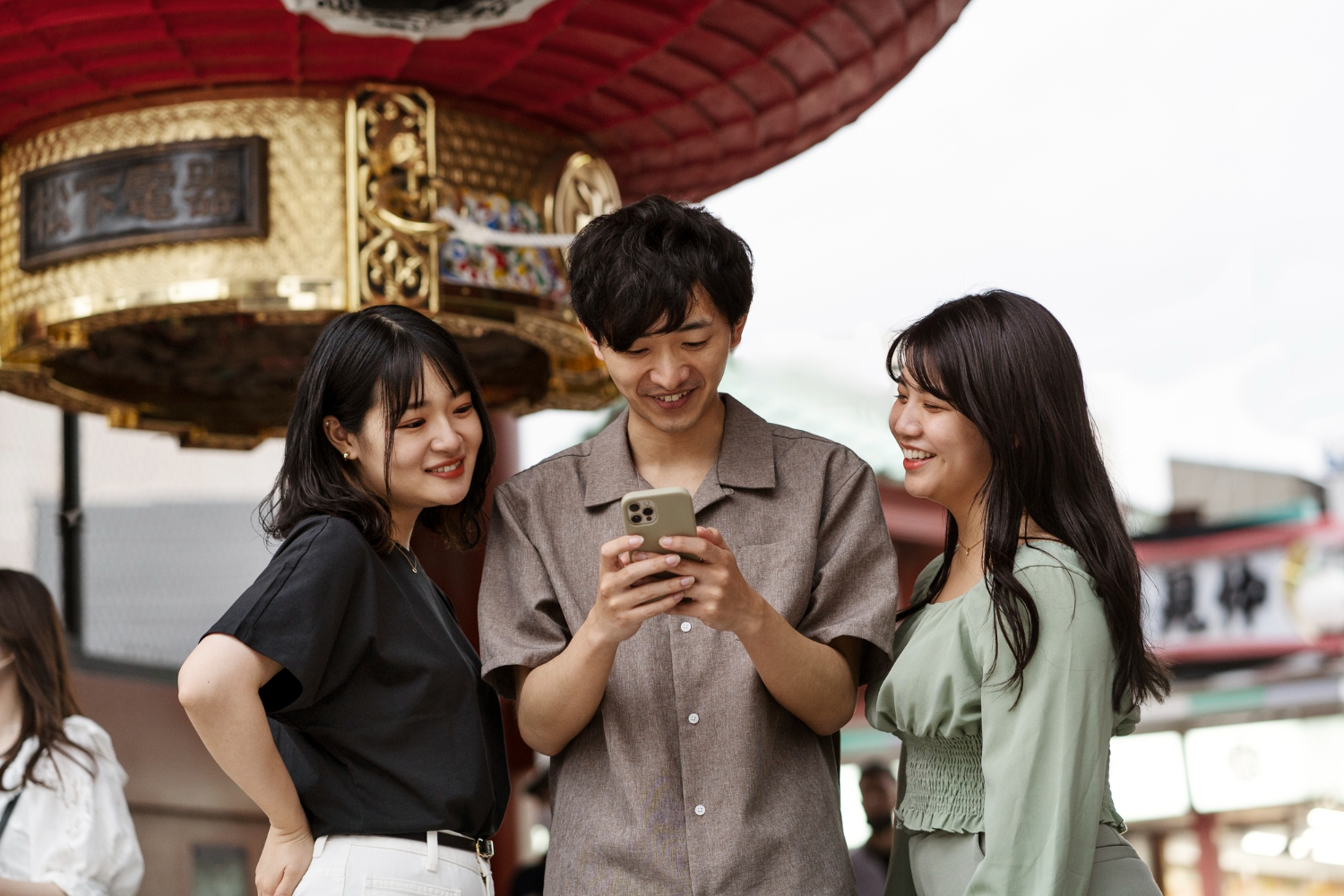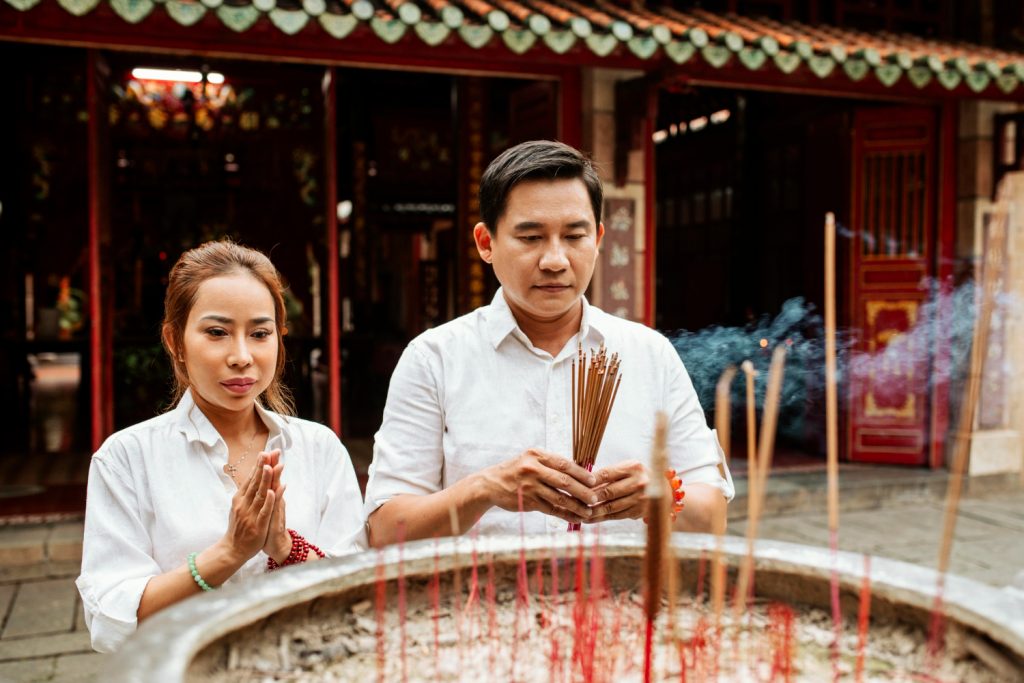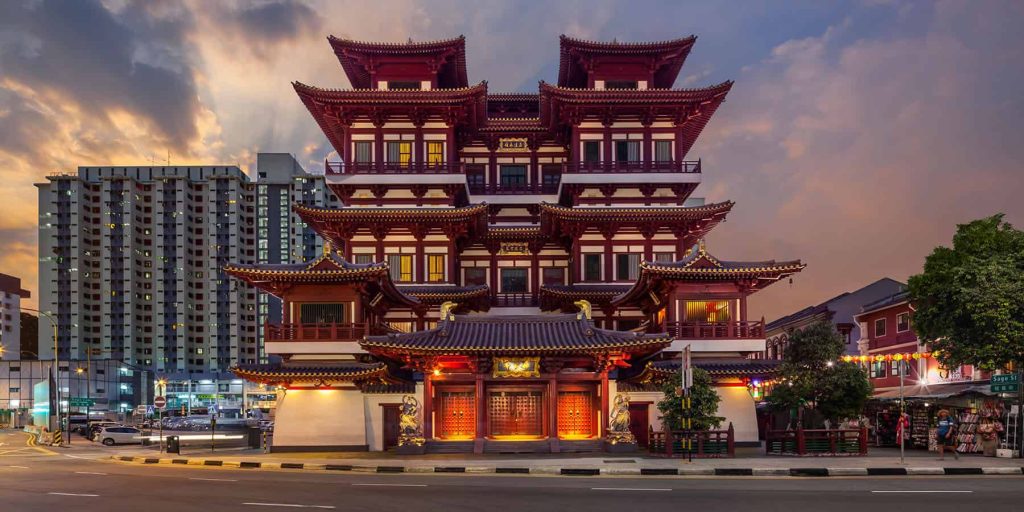
Singapore is known for its multicultural and multireligious society, where the right to practise one’s faith is protected by law. Freedom of religion is not only guaranteed by the constitution, but the government also actively promotes religious harmony among its diverse communities. One of the key religious groups in Singapore is the Buddhist community, which has played a significant role in shaping the country’s cultural and social fabric. Let’s explore how Buddhism fits within Singapore’s framework of religious freedom and its influence on the nation’s religious landscape.
Buddhism in Singapore has deep roots, dating back to the early 19th century when Chinese immigrants arrived on the island. These immigrants brought with them their spiritual practices, which included various forms of Buddhism. Over time, Buddhism spread across the country, with Chinese temples being established in key areas. Some of these early temples still stand today, serving as places of worship, education, and cultural preservation.
As Singapore developed into a modern city-state, Buddhism evolved alongside it. While Mahayana Buddhism, brought by the Chinese, is the most prevalent, there are also communities practising Theravada and Vajrayana Buddhism, particularly among the Burmese and Thai populations.

Singapore’s commitment to religious freedom is enshrined in Article 15 of its constitution, which guarantees that every individual has the right to profess, practise, and propagate their religion. This legal protection is essential in a country as diverse as Singapore, where multiple faiths coexist in close proximity.
For Buddhists, this means they are free to build temples, hold religious ceremonies, and teach Buddhist philosophy without interference. The government also supports the celebration of religious holidays like Vesak Day, recognising its importance to the Buddhist community.
Despite the constitutional guarantee of religious freedom, Singapore has a unique legal framework to ensure that this freedom does not result in conflict. The Maintenance of Religious Harmony Act (MRHA) is one such legislation that aims to prevent any religious group from causing unrest. Under this Act, the government can take action against individuals or organisations that incite hostility between different religious groups.
For Buddhists, this framework provides reassurance that they can practise their faith in a safe and respectful environment. It also encourages Buddhist organisations to engage in interfaith dialogue, promoting understanding between communities.
In Singapore’s multireligious society, Buddhism plays a vital role in fostering peace and understanding. Buddhist organisations, such as the Singapore Buddhist Federation, are involved in interfaith activities and work closely with other religious groups to ensure harmony. This cooperation is evident in events like the Inter-Religious Organisation (IRO) meetings, where representatives from various faiths, including Buddhism, come together to discuss issues of mutual concern.
Buddhism is one of the largest religions in Singapore, with around 33% of the population identifying as Buddhists according to the 2020 census. The majority of Singapore’s Buddhists are of Chinese descent, although there are also smaller groups of Burmese, Thai, and Sri Lankan Buddhists. This diversity within the Buddhist community adds richness to the religious landscape, with different schools of thought and traditions being practised across the island.
One of the most visible aspects of Buddhism in Singapore is its temples. These temples not only serve as places of worship but also as cultural landmarks. The Buddha Tooth Relic Temple, located in Chinatown, is one of the most famous Buddhist temples in Singapore. Built in a traditional Chinese style, it houses what is believed to be a relic of the Buddha. Another notable temple is Thian Hock Keng, which, while predominantly a Taoist temple, has strong connections to Buddhism and serves both religious communities.

Buddhism in Singapore encompasses a range of practices and beliefs, depending on the school of Buddhism followed. Mahayana Buddhism, the most widely practised form, focuses on compassion, meditation, and the pursuit of enlightenment for the benefit of all beings. Theravada Buddhists, on the other hand, place greater emphasis on individual enlightenment through the practice of meditation and mindfulness. Common practices among Buddhists in Singapore include meditation sessions, prayer rituals, and the offering of food and incense at temples.
Vesak Day is the most important Buddhist festival in Singapore, celebrating the birth, enlightenment, and death of the Buddha. On this day, temples are filled with devotees who engage in rituals such as bathing the Buddha statue, making offerings, and performing acts of charity. The Singapore government officially recognises Vesak Day as a public holiday, and various Buddhist organisations organise events that promote the values of kindness, generosity, and peace.
Buddhist organisations in Singapore are highly active in community service, education, and welfare. The Singapore Buddhist Federation plays a central role in coordinating religious activities, overseeing the education of Buddhist monks, and promoting the welfare of the Buddhist community. Many Buddhist organisations run charity initiatives, including healthcare services, elder care, and educational programmes, making a positive impact on society as a whole.
Despite the strong presence of Buddhism in Singapore, the religion faces challenges in the modern era. As Singapore becomes more secular and technologically advanced, traditional religious practices can sometimes seem out of step with contemporary lifestyles. For Buddhists, maintaining the relevance of their teachings, especially among younger generations, is a key concern.

To engage younger Singaporeans, Buddhist organisations have started adopting new strategies, including the use of digital platforms to share teachings and organise events. Youth-focused Buddhist retreats, meditation workshops, and social media outreach are some of the ways that the Buddhist community is staying connected with the younger population. These efforts help ensure that Buddhist teachings remain relevant and accessible in today’s fast-paced world.
Buddhists in Singapore have long been involved in interfaith dialogue, working alongside other religious groups to promote understanding and peaceful coexistence. The Inter-Religious Organisation is a key platform for this cooperation, where representatives from all major faiths in Singapore, including Buddhists, come together to address common concerns and work towards mutual respect.
As Singapore continues to evolve, so too will Buddhism. The religion will likely face new challenges and opportunities in a rapidly changing society. However, with its strong focus on compassion, mindfulness, and community service, Buddhism is well-positioned to continue playing a meaningful role in Singapore’s religious landscape.
Buddhism holds an important place within Singapore’s framework of religious freedom, contributing to both the cultural heritage and the social cohesion of the nation. As the country continues to grow, the principles of religious harmony and mutual respect will remain central, ensuring that Buddhism and other faiths thrive in a peaceful and inclusive environment.
